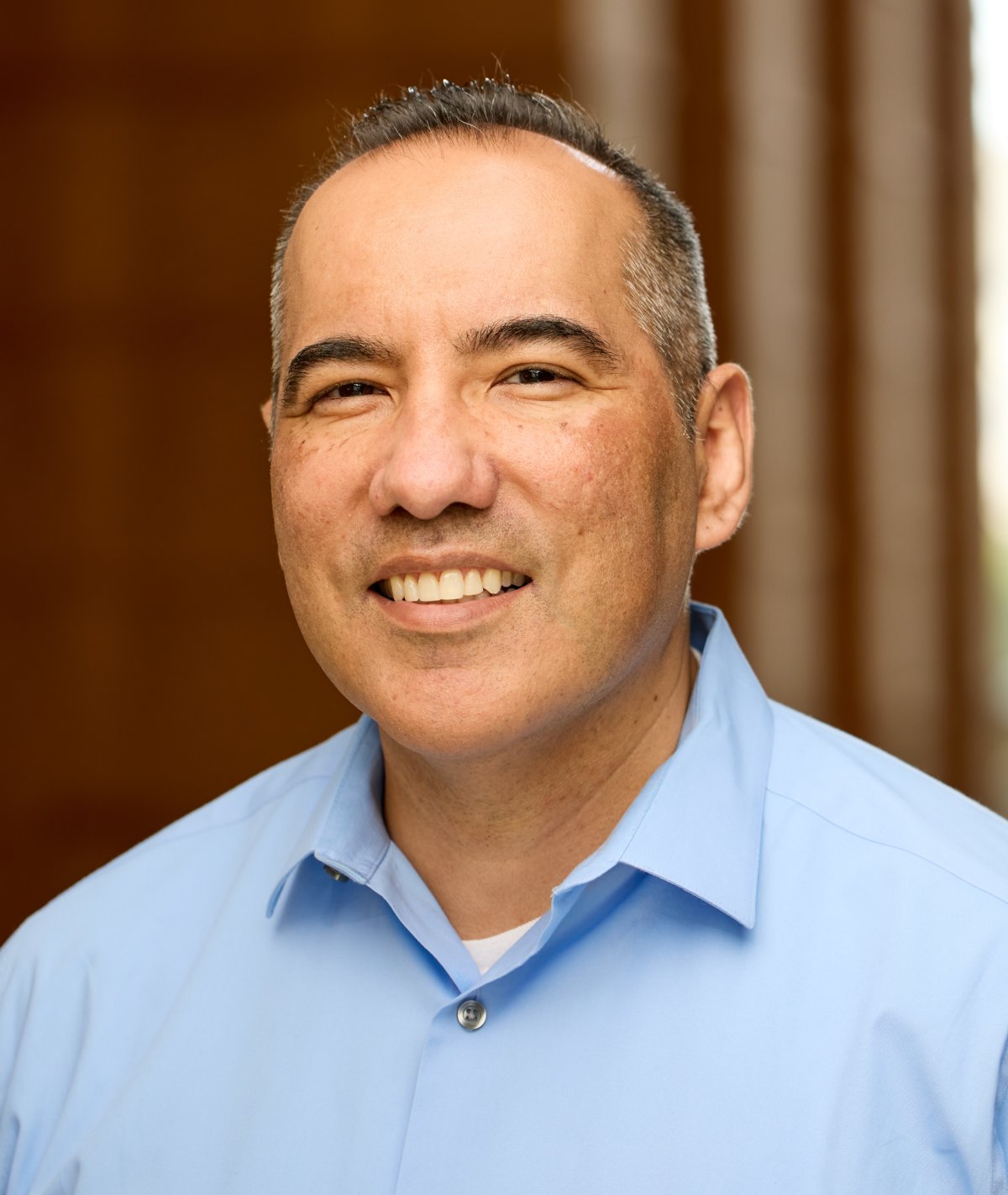Professor Benjamin A. Garcia
Professor Benjamin A. Garcia
Head of Biochemistry and Molecular Biophysics
Washington University
Abstract
Quantitative mass spectrometry for understanding epigenetic mechanisms in human disease
Histones are small proteins that package DNA into chromosomes, and a large number of studies have showed that several post-translational modification (PTM) sites on the histones are associated with both gene activation and silencing. Along with DNA and small non-coding RNA, histone PTMs make up epigenetic mechanisms that control gene expression patterns outside of DNA sequence mutations. Dysregulation of these chromatin networks underlie several human diseases such as cancer. Here I will give an update on technology advancements that have allowed for high-throughput quantitative mass spectrometry analyses of histone PTMs and chromatin structure, and how we are applying these methods to understand epigenetic reprogramming found in malignant peripheral nerve sheath tumors (MPNSTs). MPNST is an aggressive sarcoma with recurrent loss of function alterations in polycomb-repressive complex 2 (PRC2), a histone-modifying complex involved in transcriptional silencing.
Benjamin A. Garcia
Benjamin A. Garcia obtained his BS in Chemistry at UC Davis in 2000, where he worked as an undergraduate researcher in Prof. Carlito Lebrilla’s laboratory. He received his PhD in Chemistry in 2005 at the University of Virginia under Prof. Donald Hunt and then was an NIH NRSA Postdoctoral Fellow at the University of Illinois under Prof. Neil Kelleher from 2005-2008. From there Ben was appointed as an Assistant Professor in the Molecular Biology Department at Princeton University from 2008-2012, until his recruitment as the Presidential Associate Professor of Biochemistry and Biophysics at the University of Pennsylvania Perelman School of Medicine in 2012, promoted to full Professor in 2016, and named the John McCrea Dickson M.D. Presidential Professor in 2017. Ben moved in the summer of 2021 to the Washington University School of Medicine in St. Louis to become the Raymond H. Wittcoff Distinguished Professor and Head of the Department of Biochemistry and Molecular Biophysics. The Garcia lab has been developing and applying novel proteomic approaches and bioinformatics for interrogating protein modifications, especially those involved in epigenetic mechanisms such as histones during human disease, publishing over 400 publications. He is presently an Associate Editor of the Analytical Chemistry, and Mass Spectrometry Reviews journals; and serves on the editorial boards for the Molecular Omics, the Journal of Proteome Research and the Molecular and Cellular Proteomics journals. He also serves on the Board of Directors for the U.S. Human Proteome Organization (HUPO), the HUPO Governing Council/ Executive Committee and the Executive Committee of the American Chemical Society (ACS) Analytical Chemistry Division. Ben has been recognized with many honors and awards for his mass spectrometry research including the American Society for Mass Spectrometry (ASMS) Research Award, a National Science Foundation CAREER award, an NIH Director’s New Innovator Award, the Presidential Early Career Award for Scientists and Engineers (PECASE), an Alfred P. Sloan Fellowship, the PITTCON Achievement Award, the Ken Standing Award, the ACS Arthur F. Findeis Award, The Protein Society Young Investigator Award, the ASMS Biemann Medal, the HUPO Discovery in Proteomic Sciences Award, the Eastern Analytical Symposium (EAS) Outstanding Achievement in Mass Spectrometry Award and was named a Fellow of the Royal Society of Chemistry.
Hosted by Professor Varun Gadkari
Learn More about the Endowed I.M. Kolthoff Lectureship in Chemistry
